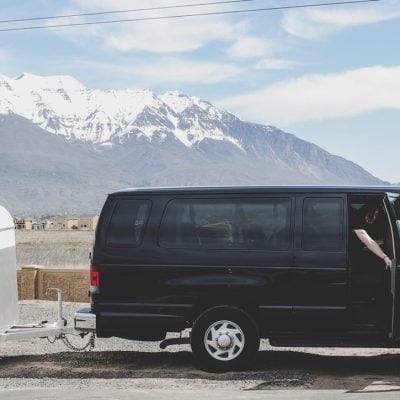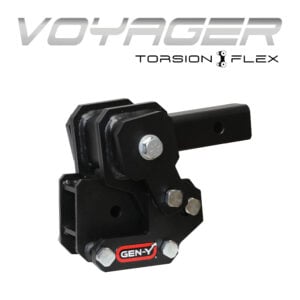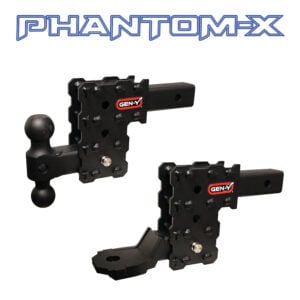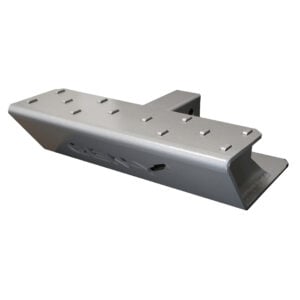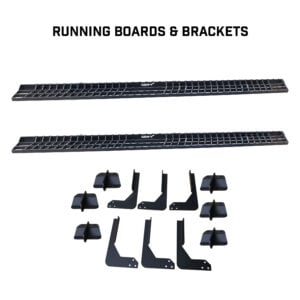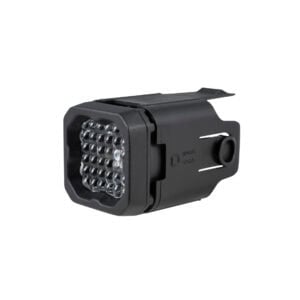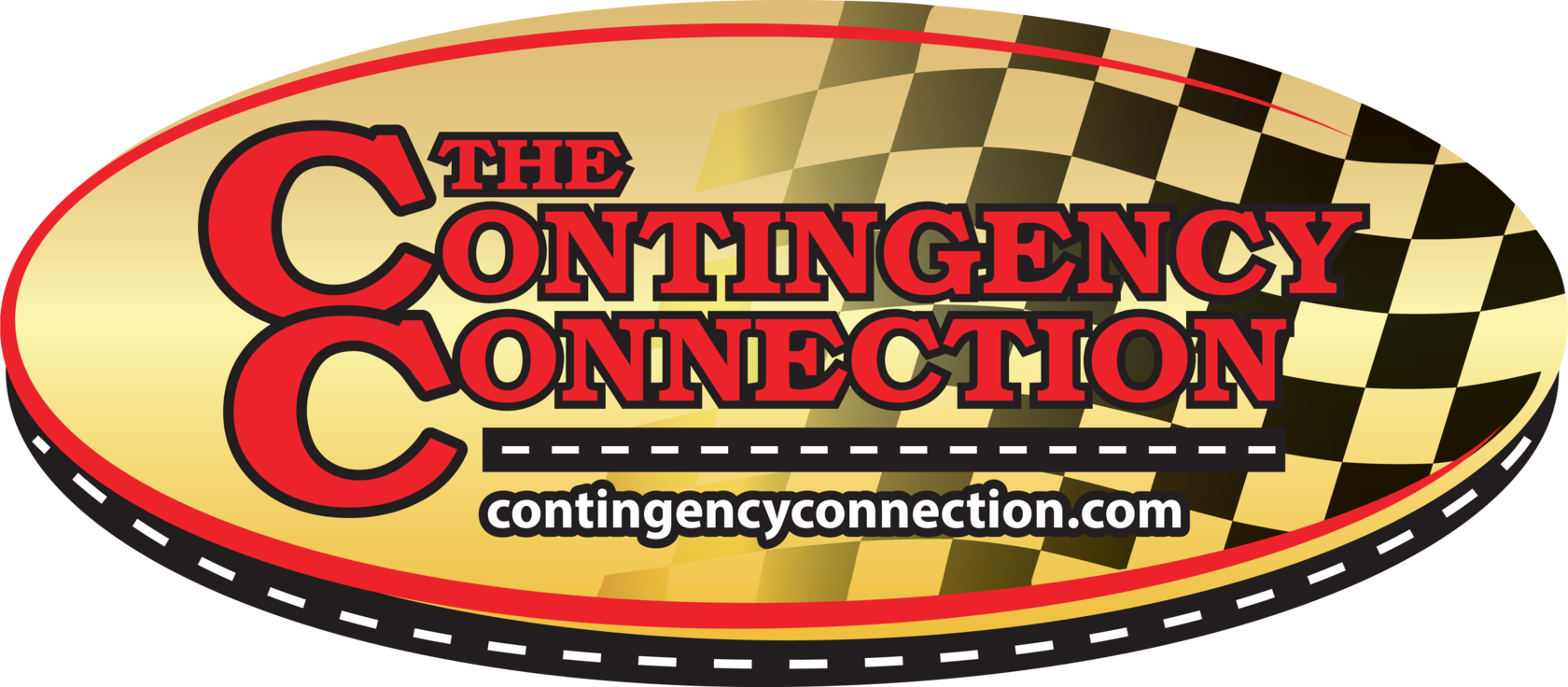There is a vast array of towing terms out there that seem like another language. If you are not familiar with these terms, then it can be difficult to talk about your vehicle. Here’s your guide to understanding towing terms!
Terms to Know
The following is a list of the terms that are most commonly used when talking about towing. You will want to be familiar with these so you can keep up with the conversations surrounding your vehicle.
Trailer Names
There are two types of trailers that you need to be aware of, cargo trailers and open trailers. Cargo trailers are sometimes referred to as enclosed trailers because the cargo area is closed off. Open trailers are often referred to as utility trailers, and the main difference with them is that they are not closed off. Open trailers, as the name implies, are accessible from all sides.
Payload Capacity
The total weight capacity of the trailer itself is called the payload capacity. To calculate this, you would subtract the weight of your trailer from the GVWR (go to acronyms for an explanation).
Gooseneck
A gooseneck is talking about a trailer that attaches to a hitch ball which is attached to the tow vehicle. This attachment occurs with the bed of a truck cover located over its rear axle.
Tongue Weight
The tongue weight refers to the amount of weight that transfers to the tow vehicle through the gooseneck.
Coupler
A couple is a mechanism that connects the trailer tongue to the ball of your vehicle. Couplers are like locks that come in a variety of sizes and builds. Since the coupler has to have exact measurements to be effective, a lot of companies employ a universal range of about 2 – 2½ in.
Safety Chains
Safety chains connect the trailer tongue to the tow vehicle. They are designed to keep the two connected if your hitch ever fails. Although they are a backup, they are required by law to be on your vehicle. Should something ever happen, having a safety chain on your vehicle could mean the difference between life and death.
Acronyms to Know
The towing world contains many acronyms within its catalog of sayings. Here are some of the main acronyms you need to be aware of.
GVWR
GVWR stands for gross vehicle weight rating. The GVWR is the total weight that your trailer and its cargo can maintain. More often than not, you will be able to find the GVWR located in your vehicle’s owner’s manual or written on the inside of the door.
DOT
DOT is a common term in the towing world. It refers to the Department of Transportation and is generally talked about when Federal motor vehicle laws are being discussed.
NHTSA
NHTSA stands for the national highway traffic safety administration and is discussed in a similar vein to DOT
MOC
MOC refers to the manufacturer’s certificate of origin. A MOC is given to you by your motor vehicle manufacturer. You use the MOC to register a trailer with the owner’s department of motor vehicles. This then allows you to obtain a license plate and vehicle title.
VIN
VIN stands for vehicle identification number. This number is generated and given to you by your motor vehicle manufacturer. The VIN is used to track the time and location that a vehicle was manufactured.
LET US HELP!
Gen-Y Hitch exists to better the lives of our customers, dealers, vendors, employees, and the automotive industry. We will always put our customers’ needs ahead of our own. Contact us today, and let us help you!


